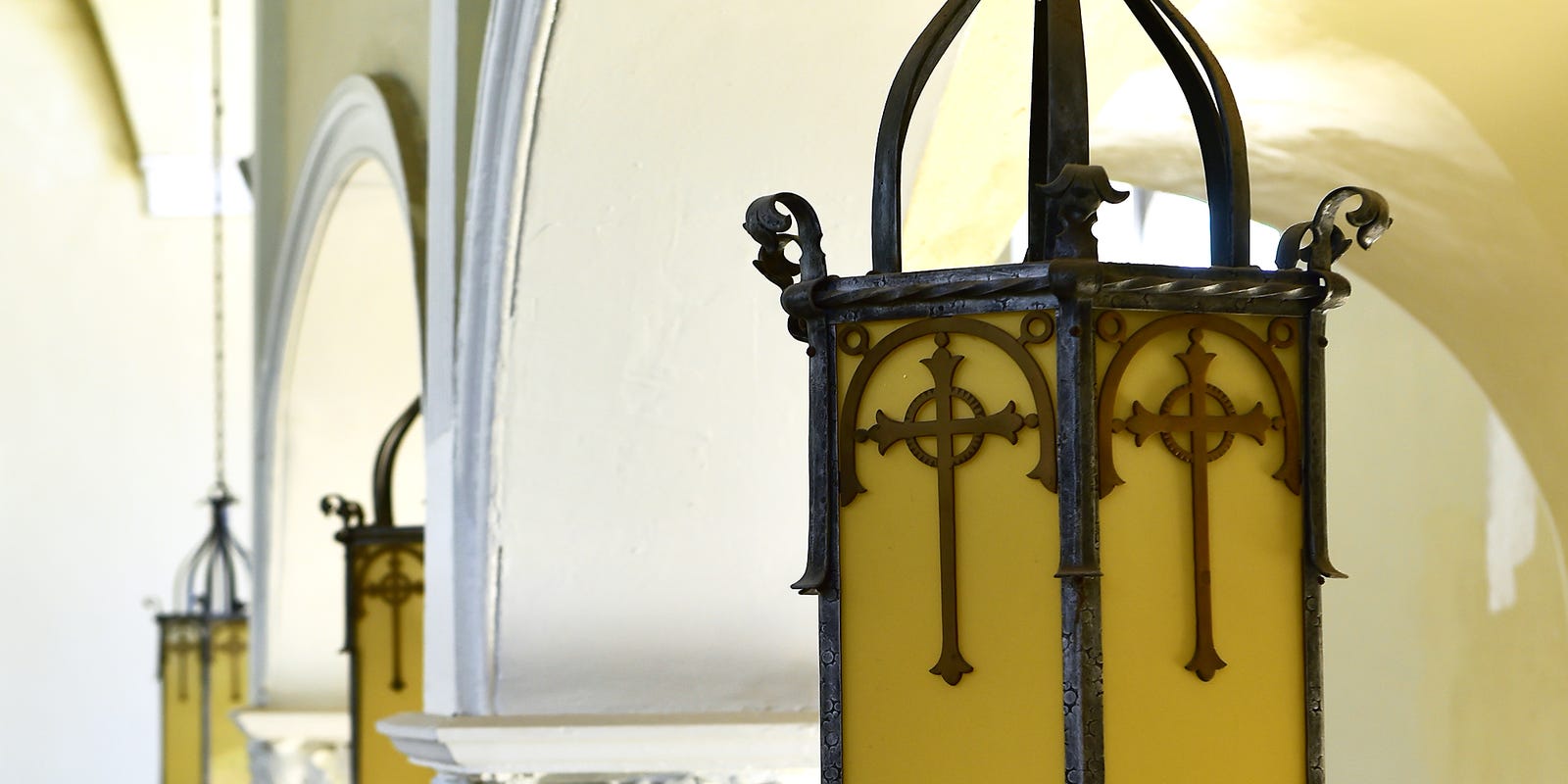Defending Faith and Freedom: Why Iowa's Crusade Against Campus Diversity Threatens Religious College Autonomy

In the complex landscape of higher education, Catholic colleges are facing a critical crossroads when it comes to diversity, equity, and inclusion initiatives. The question at hand is not simply about maintaining programs, but about the fundamental mission and values of these institutions.
Catholic colleges have long been guided by principles of social justice and human dignity. Antiracism and social justice initiatives are not peripheral add-ons, but core expressions of Catholic social teaching. These programs represent a commitment to recognizing the inherent worth of every individual, regardless of race, background, or socioeconomic status.
However, the current educational climate presents challenges. Some argue that these initiatives are divisive or politically motivated, while others see them as essential for creating inclusive learning environments. The potential loss of students who disagree with such programs must be weighed against the deeper moral imperative of promoting understanding, equality, and respect.
The true test for Catholic institutions lies in their ability to authentically integrate these initiatives into their educational mission. It's not about checking diversity boxes, but about genuinely transforming campus culture and preparing students to engage with a diverse, complex world.
Ultimately, Catholic colleges must ask themselves: Are we truly living our mission of human dignity and social responsibility? The answer may determine not just student enrollment, but the very soul of Catholic higher education.

